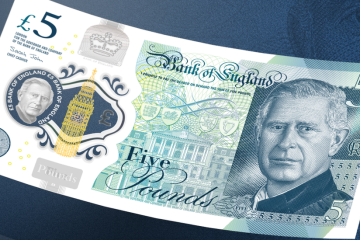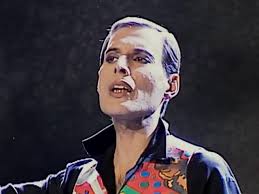The Role of the Queen in Today’s Monarchy

Introduction
The position of the queen in the British monarchy has profound historical and contemporary significance. As the reigning monarch, Her Majesty the Queen not only embodies the continuity of the nation but also represents British values and traditions. Following the loss of Queen Elizabeth II in September 2022, discussions surrounding the monarchy’s role in modern society have intensified, making it crucial to examine the evolving position of the queen and its relevance today.
The Queen’s Role and Responsibilities
The queen’s role transcends beyond ceremonial duties; she serves as the head of state and a pivotal figure in British governance. Engaging in the official duties of state, including the State Opening of Parliament and bestowing honours, the queen embodies national unity and continuity. During her reign, Queen Elizabeth II was a guiding force through periods of significant change. Today, King Charles III has inherited these responsibilities, while struggling to balance tradition and modern expectations.
The Monarchy’s Connection with the Public
Public sentiment towards the monarchy remains a topic of debate. Following Queen Elizabeth II’s death, surveys indicate a varied opinion among the populace regarding the continued relevance of the institution. A recent YouGov poll found that while a significant portion supports the monarchy, some advocate for a move towards a republic. The queen’s public engagements, charitable efforts, and media appearances have traditionally aimed to maintain a connection with the people, a task now shouldered by King Charles III.
Future of the Monarchy
As conversations about Britain’s future take centre stage, the relevance of the monarchy continues to be scrutinised. With youth engagement in monarchy-related topics declining, the royal family is urged to adapt to modern values and societal changes. The next generation of royals, including Prince William and Catherine, the Princess of Wales, are expected to play a critical role in shaping the monarchy’s future and ensuring its place in a rapidly evolving society.
Conclusion
The queen has always represented more than just a title; she is a symbol of stability and continuity within the UK. As the monarchy enters a new chapter, the importance of adapting to public sentiments and contemporary values is vital to ensure its survival. Observers predict that the success of the monarchy will depend on King Charles III’s ability to engage with the public and remain relevant to future generations. Ultimately, the legacy of the queen serves as a reminder of the profound impact the monarchy has on British identity and its ongoing evolution in a modern world.









